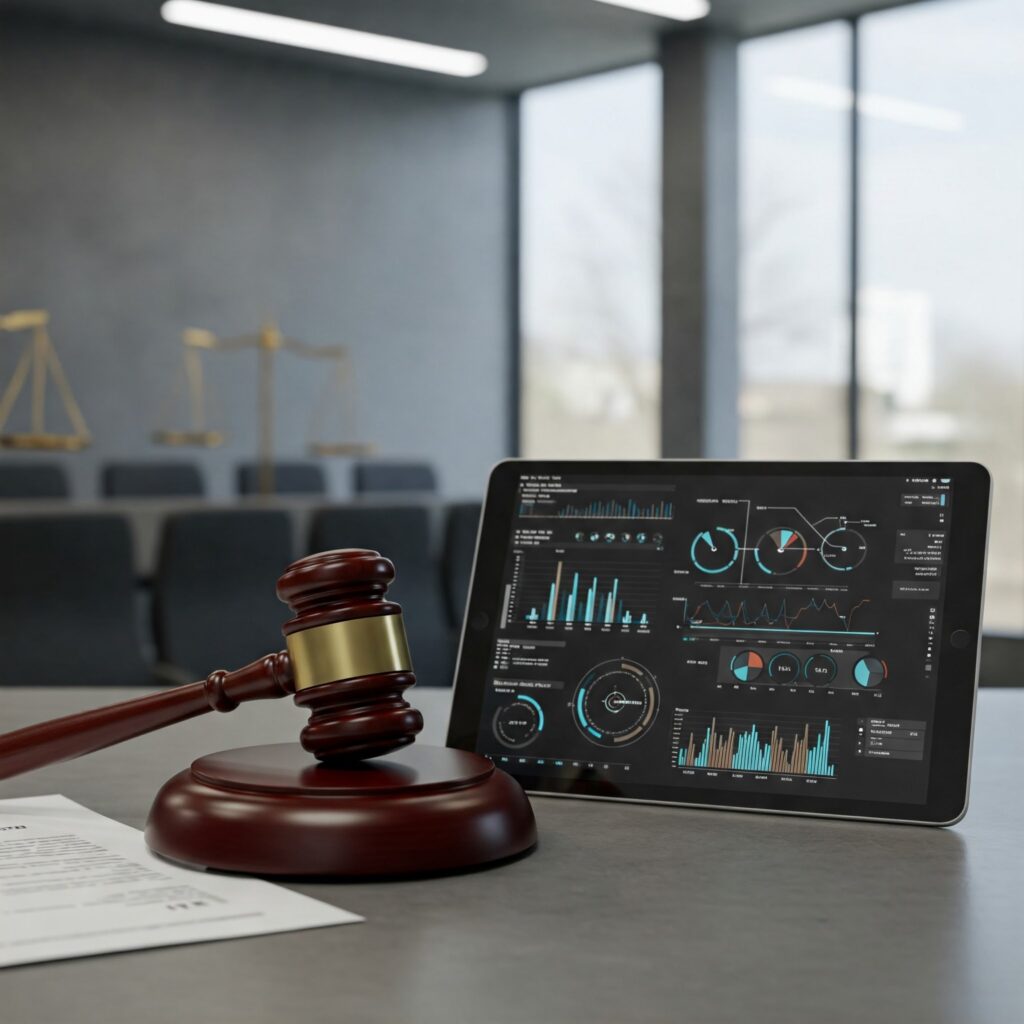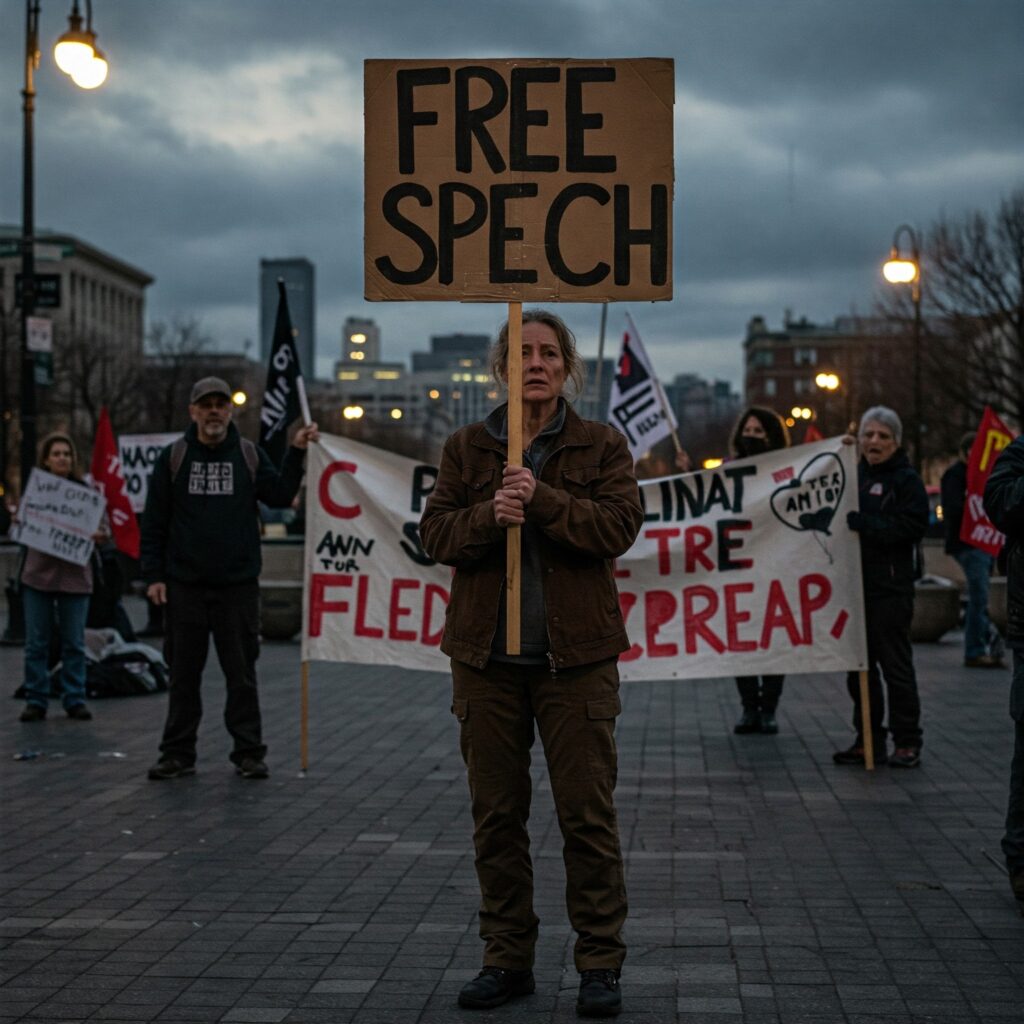X (formerly Twitter), the social media platform owned by Elon Musk, has recently filed a legal petition in the Karnataka High Court, questioning the Indian government’s application of Section 69A of the Information Technology Act, 2000. This section provides the government with the authority to block online content when it is deemed necessary for national security, sovereignty, defense, and public order.
The petition brought forward by X centers on the argument that the government’s use of Section 69A is not aligned with necessary procedural safeguards and transparency, potentially violating the fundamental right to freedom of speech and expression guaranteed under Article 19(1)(a) of the Indian Constitution.

Understanding Section 69A of the IT Act
Section 69A grants the Indian government the power to block online content if it is found to threaten national security, sovereignty, or public order. This provision can be applied to block access to specific websites, social media profiles, and platforms, including major social media outlets like X, Facebook, and YouTube. While the provision is intended to protect national security, its broad application has raised concerns about the potential for excessive censorship.
The law allows the government to issue directives to service providers, forcing them to remove or restrict access to certain content. While designed to protect the public, this power has sparked debates about its potential to infringe on free speech and limit access to information.

X’s Petition and the Claims Made
In its petition, X argues that the government’s use of Section 69A lacks adequate safeguards, due process, and transparency, violating users’ constitutional rights. The company claims that the absence of judicial oversight and the limited avenues for challenging government orders on content removal open the door for arbitrary censorship.
X has stated that this lack of transparency could lead to violations of users’ rights to free speech and free access to information, as there are no clear channels for disputing government mandates on what content should be blocked.
The Broader Legal Context: A History of Free Speech Battles
The issue of government control over online content has a long history in India. . X emphasizes the significance of the Supreme Court’s 2015 Shreya Singhal judgment, which established that content blocking should generally occur through court orders or under the structured process of Section 69A.The Court ruled that the law violated the right to freedom of speech as guaranteed by the Constitution of India.
Despite this, the Supreme Court upheld Section 69A, recognizing the government’s ability to block content when national security is at risk. This ruling was seen as a complex balancing act between safeguarding national interests and upholding individual freedoms.

The Current Legal Case: What’s at Stake?
X’s petition in the Karnataka High Court brings into focus important questions about the regulation of digital platforms and their role in ensuring the protection of both national security and free expression. The case underscores the delicate balance between governmental powers and individual freedoms, particularly in the context of rapidly evolving technology and digital media.
The outcome of this legal challenge could have far-reaching implications, not only for how social media platforms like X operate in India but also for the future of internet governance in the country. It could set a precedent for the way in which government powers are exercised and whether such powers respect the democratic values of free speech.
Conclusion: A Crucial Moment for Internet Governance in India
The legal battle between X and the Indian government over Section 69A represents a pivotal moment in the ongoing debate about internet censorship, digital rights, and free speech.
The outcome of this case will shape how the government can regulate online content in the future, and it will likely influence other countries facing similar challenges.
As the case progresses, it is expected that more discussions will emerge around the balance between protecting national security and preserving individual rights on the internet.
The resolution of this case will be watched closely by digital platforms, lawmakers, and citizens alike, as it will have lasting consequences for the future of online expression in India.
for more Trending News
